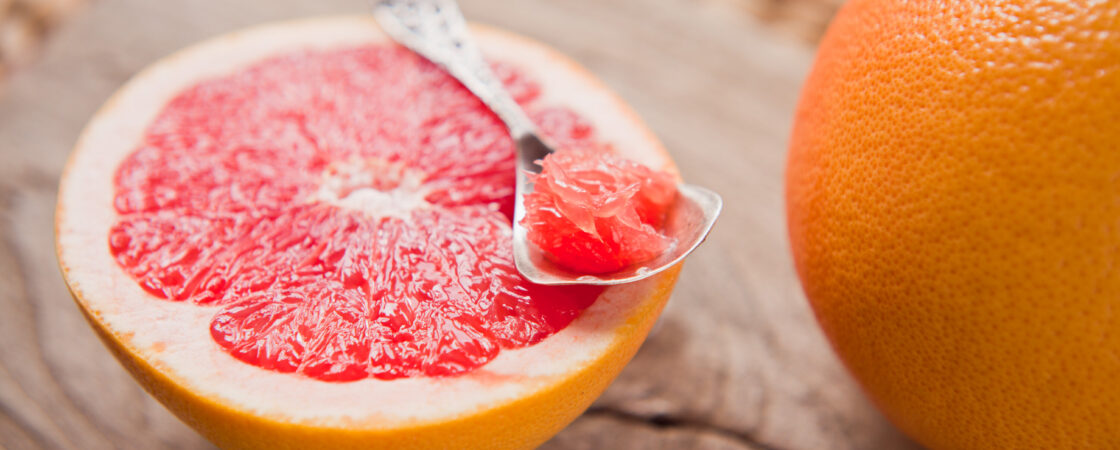Researchers have discovered a gene responsible for creating a substance in certain citrus fruits that disrupts the effectiveness of various medications. You could be one of the millions of individuals who have noticed a notably specific warning on the labels of the medications you use. Refrain from consuming grapefruit or drinking grapefruit juice while taking this medication. Similar cautions apply to many other substances, such as docetaxel, an oncology drug; erythromycin, an antibiotic; and certain statins, which are cholesterol medications prescribed to over a third of American adults over 40. The issue stems from a group of molecules known as furanocoumarins. Elevated amounts of furanocoumarins disrupt human liver enzymes, along with other functions. When they are present, medications can accumulate to unsafe levels in the body. Grapefruits and certain related citrus fruits contain a lot of them. However, there is no similar warning for other types of citrus, like mandarins and different varieties of oranges. On Wednesday, citrus researchers at the Volcani Center in Israel announced in the journal The New Phytologist that they have discovered genes responsible for producing furanocoumarins in certain citrus fruits by crossing mandarins with grapefruit. This discovery paves the way for developing grapefruit that doesn’t need a warning label. Yoram Eyal, a professor at the Volcani Center, mentioned that scientists had identified the structures of the compounds and created a basic flowchart of their production years ago. However, the exact identities of the enzymes that facilitate the process — the proteins that cut off a branch in one place or add a piece in another — were still unknown.




